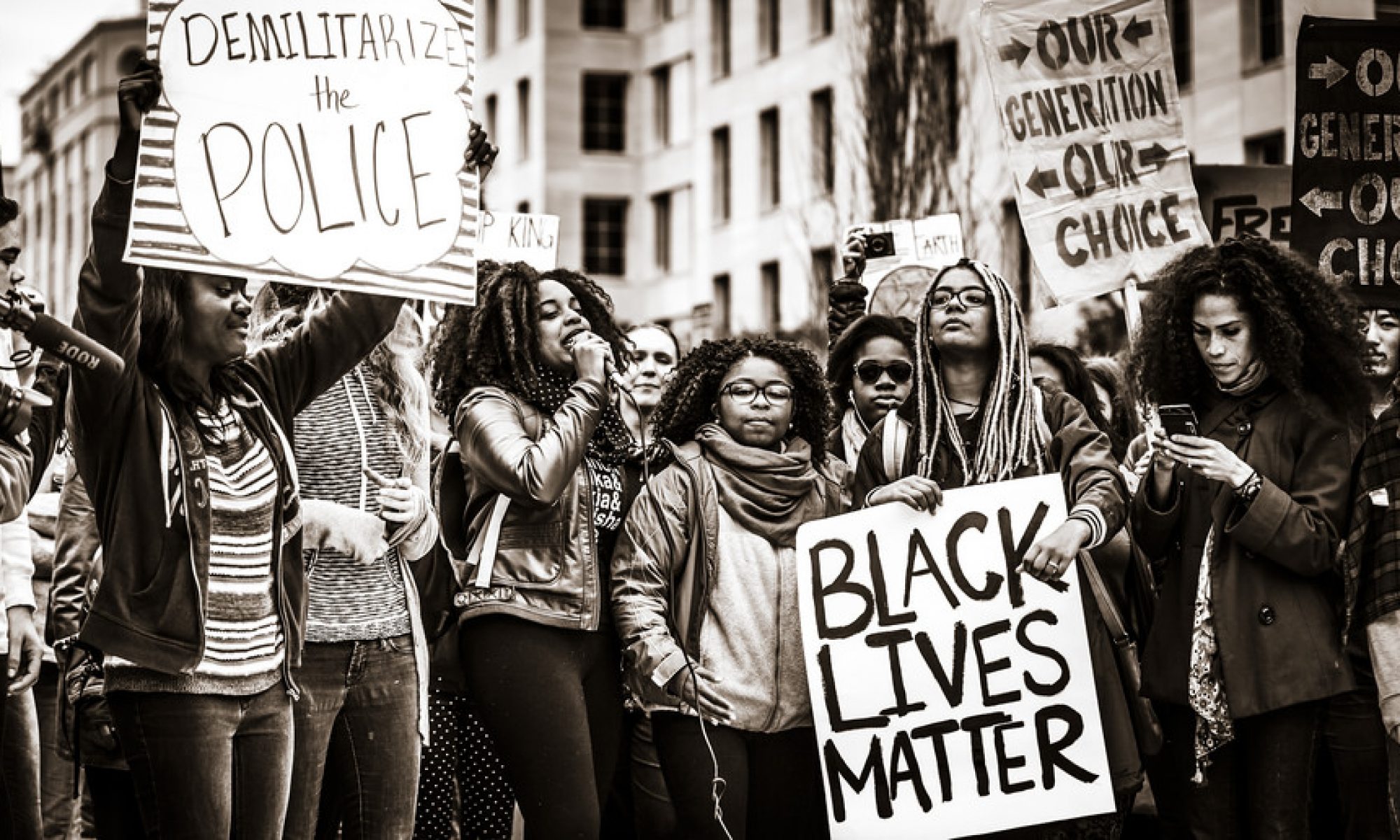Today, March 31, marks the celebration of transgender visibility. The purpose of Transgender Day of Visibility is to acknowledge transgender and gender non-conforming people around the world and their accomplishments as well as continue the conversation about their frequent struggle for equality. For the purposes of this class and for spreading general awareness on the issue, black trans women and their experiences with discrimination not only for their gender identity but also in terms of race needs to be addressed. An analysis titled Injustice at Every Turn: A Report of the National Transgender Discrimination Survey was recently released and contains startling statistics about the lives of transgender people in general, emphasizing even further the impact discrimination has on trans people of color. I encourage everyone to look into the findings of the study and I will provide the link. However, a few key findings are: 49% of black respondents had attempted suicide, 34% reported a household income less than $10,000 per year, and 41% reported being homeless at least once in their lifetime- and this is more than 5 times the U.S national average. A clear conclusion of this study is that transgender people are victims of harassment and discrimination in larger numbers, but black trans people are fairing even worse. Until black trans women are free, none of us are free.
Where Hands Touch is Causing a lot of Controversy
Amma Asante created the movie Where Hands Touch with the purpose of portraying the struggles of black Germans during World War Two and the Nazi Rule. No one disagrees that the struggles blacks endured during this time is a conversation that should be repeatedly discussed, but the movie is facing a lot of backlash from many people in the black community.
The main character, Amandla Stenberg (also in the movie The Hate U Give), struggles as a biracial girl born to a German mother and an African father. The movie shows her trouble navigating through Nazi Germany, her identity crisis, and her horrible experience as a pregnant black woman in a concentration camp- however, none of these seem to really be the main storyline.The center of the movie is her forbidden romance with Lutz, a member of the Nazi Youth. Lutz is very much so supportive of Hitler’s ideals and is willing to die to protect those beliefs. They spend a large part of the movie sneaking around until Lutz is sent away to war. Leyna eventually gets sent to a concentration camp and after some time has passed, Lutz is assigned to be a guard at the same camp. He eventually “sees the light” once he sees what Leyna has endured everyday.
I watched the movie recently because I had heard so much about it on social media. It was disturbing to say the least. In my opinion, it was (whether intentional or unintentional) humanizing Nazis (Lutz especially). I saw a tweet that said this specific problem is really troubling considering the political climate of today and the continued rise of NeoNazi ideals. The tweet helped put into words what I was thinking. I found it disheartening that Lutz was only able to truly see how despicable the Nazis were when he saw Leyna being impacted physically and mentally. I do, however think it is worth watching so that you can form your own opinion. I would love to talk to anyone else who has seen the movie!
